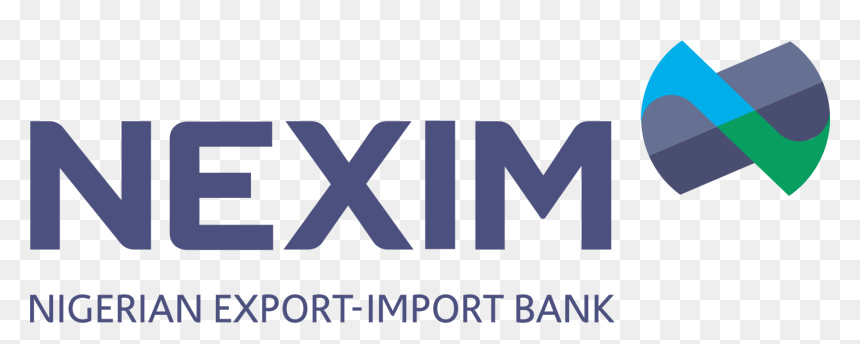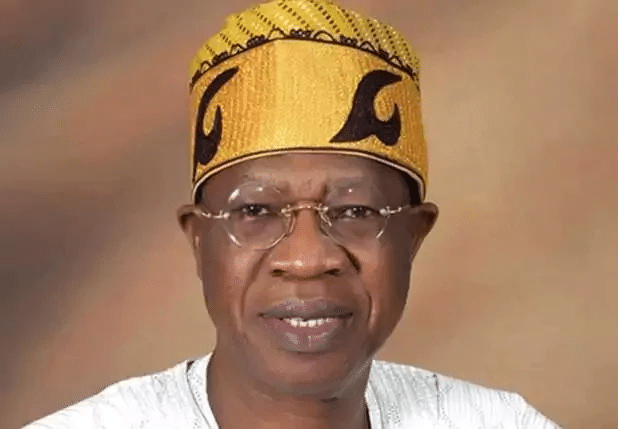NEXIM supports women, youths with N10 billion export facility

Nigerian Export-Import Bank (NEXIM) is supporting women and youths with a N10 billion export facility, Stella Okotete, its Executive Director, Business Development, has said. Okotete spoke on Tuesday in Abuja at the official presentation of the Women And Youth Export Facility (WAYEF), a new product of the bank.
Okotete also said that WAYEF was developed by the bank on the recognition of the critical role of women and youth in the Small Medium Enterprises (SMEs) sector.
She said that the aim was to upscale the activities of SMEs in the non-oil export value chain to enable Nigerian exporters to take advantage of the enormous potential of international trade.
The executive director also said that the facility, which was originally at a single-digit interest rate of nine percent, would go for five percent till February 2022. “So, there’s no better time than now to avail yourself to tap into these products.
“So, if you can actually become an aggregator, you can increase your export quantity and employ more women and young people in Nigeria to play in the export value chain.”
Okotete said that the tenor was in line with working capital and project financing requirements, which was a maximum of two years and five years, subject to review by NEXIM.
Managing Director of the bank, Mr Abba Bello, said the facility was part of its contribution towards women and youth empowerment.
He said that it was also in commemoration of the 2021 International Women’s Day which was celebrated on March 8. According to him, most discrimination against women have their roots in age long cultural practises.
He, however, said there was the need to redouble efforts towards addressing such cultural practises and other obnoxious beliefs that have imposed limitations on gender.
READ ALSO: Agric ministry collaborates with other stakeholders on diary production
“The female gender is the reason why we are here, the male gender needs to understand that we are poorer, as a people and as nations, by denying women equal opportunities.
“Let me clarify though that over the years, the bank has provided a normal support for many export oriented industries who are employers of women and youth.
“We however seek to do more by supporting women and youth owned businesses operating in the various aspects of the export value chain.”
Minister for Women Affairs, Mrs Pauline Tallen, said it was gratifying that NEXIM recognised the indispensable role of women in economic development and had developed an export facility to cater for their special funding needs.
“This initiative speaks to the new concept of analytical work of grace, quality and how we can best work together across all levels of government, the private sector and the civil society in translating evidence into impact on women’s economic empowerment in Nigeria.
“The government of Nigeria recognises that women’s economic empowerment is not only important in its own right, but it is also smart, with the potential to bring about broad-based growth and poverty alleviation at the national level and state level.”
Tallen said that the ministry would continue to work assiduously with financial institutions such as NEXIM bank, non-governmental organizations, international development partners, and the local communities.
She said it would also work with other relevant stakeholders to empower women to achieve economic prosperity for the country.
The News Agency of Nigeria (NAN) reports that to be eligible, applicants must be duly registered or incorporated export-oriented SMEs in Nigeria with women and youths as promoters.
They could also be structured organisations with the mandate to empower women or youths along the export value chain. Registered export-oriented cooperative societies, associations, clusters for women or youths can also apply.








